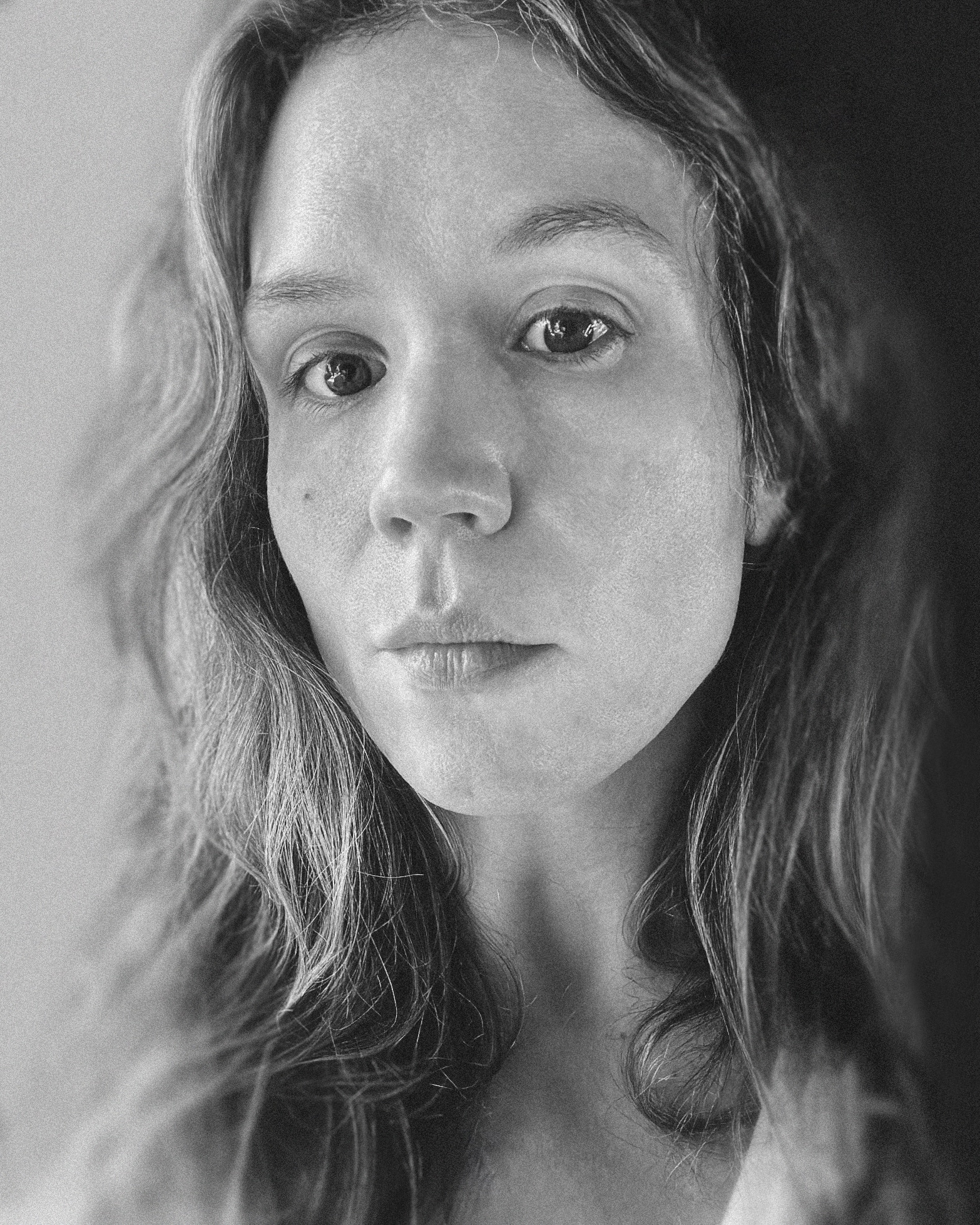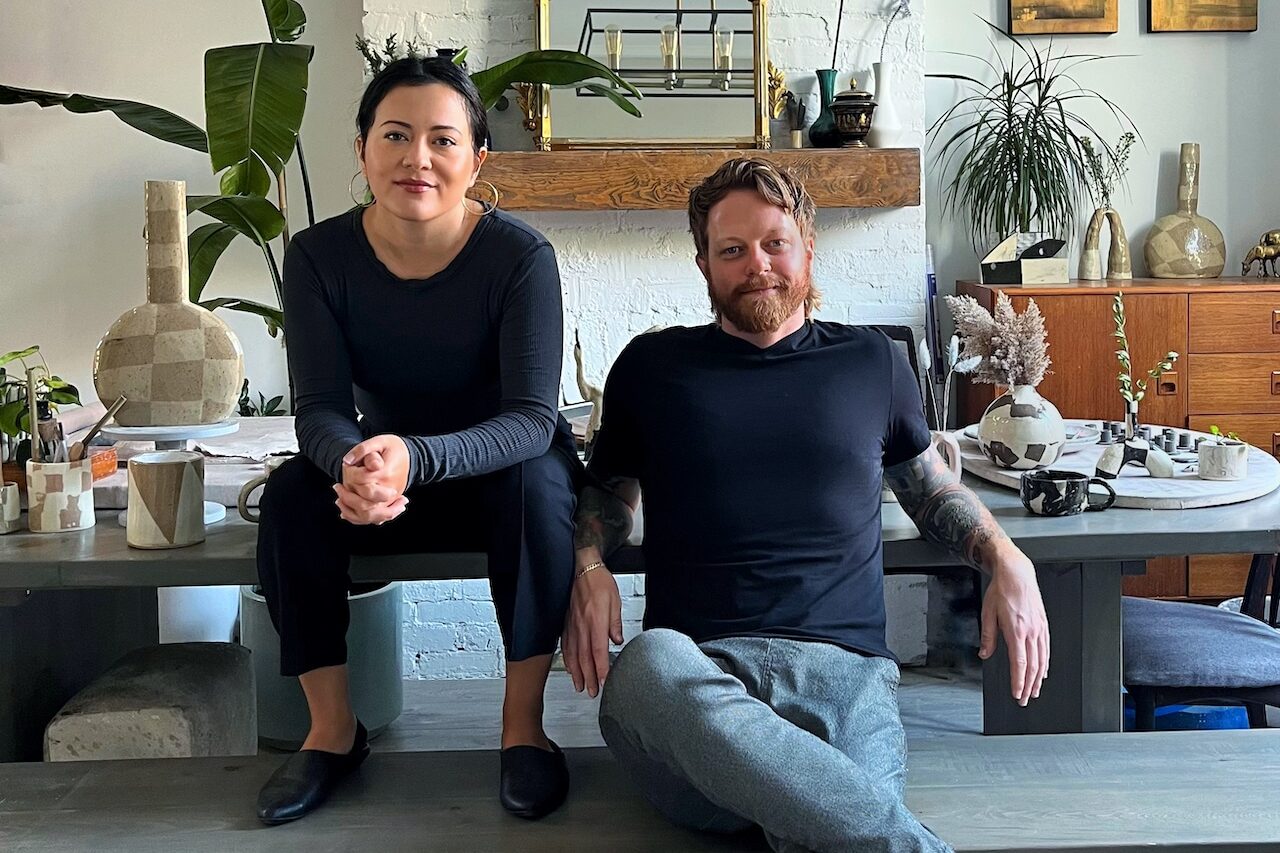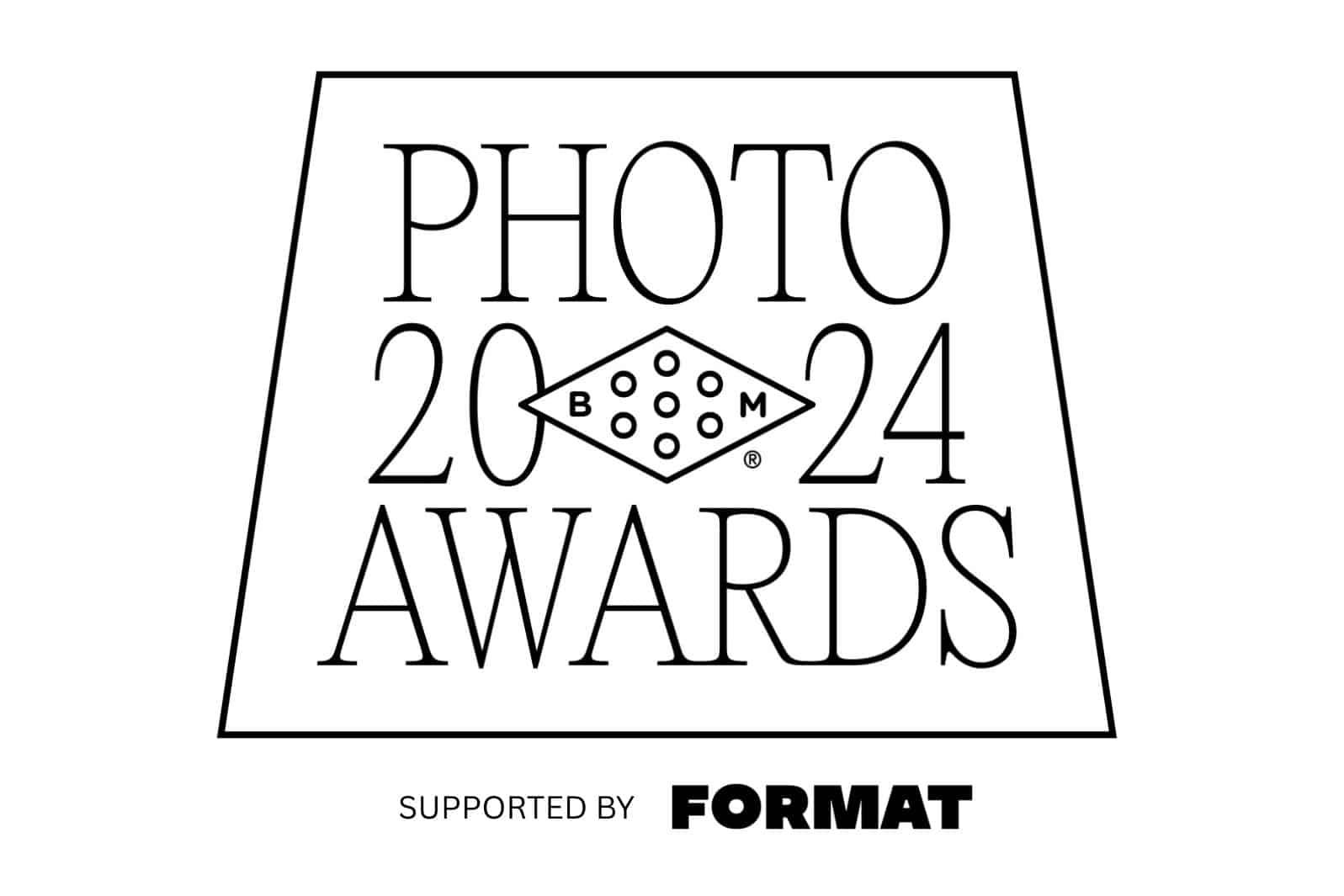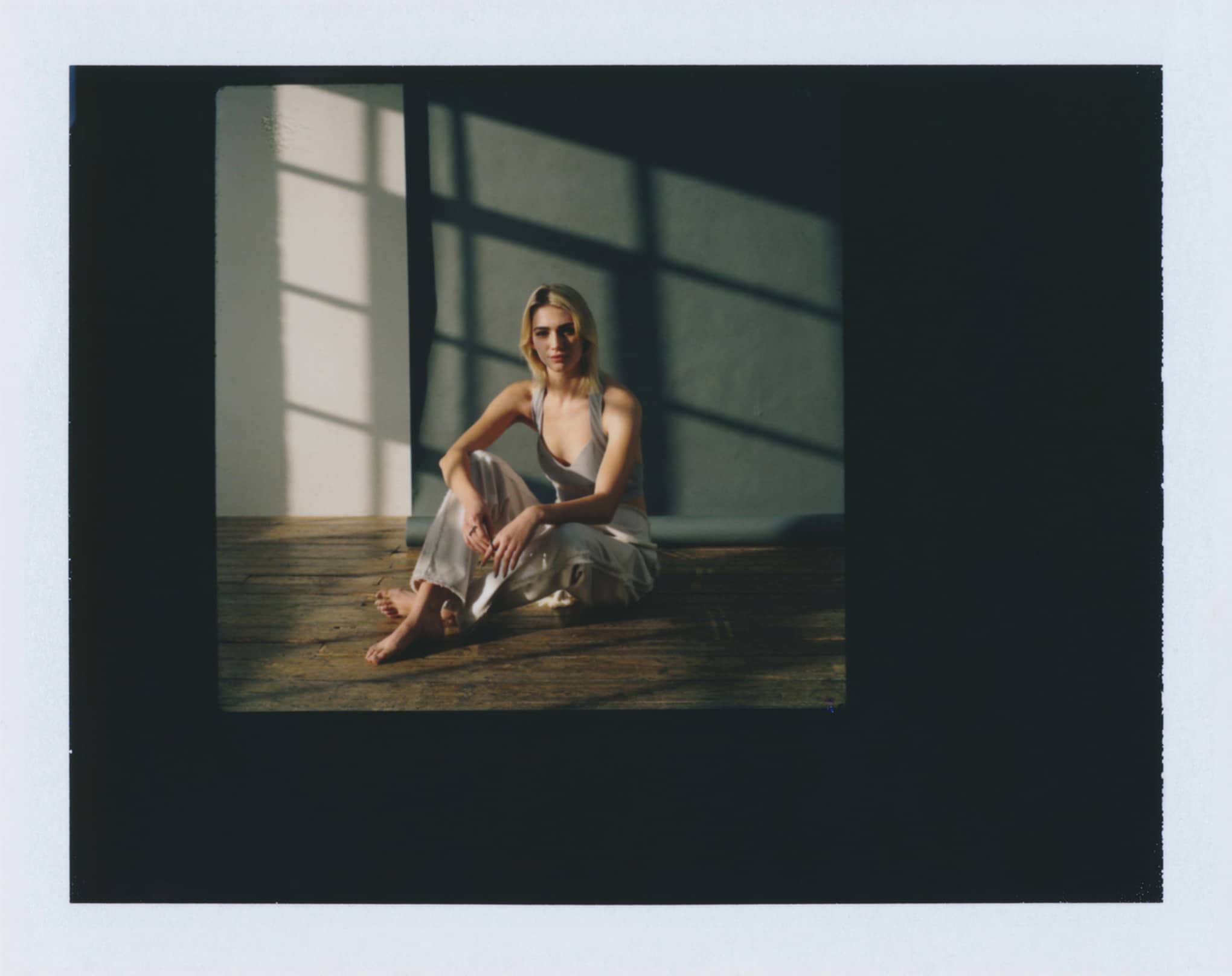In our first installment of this two-part article, we thought about the question of grad school: Can you and should you? Doing a deep dive on these questions with answers from graduates of MFA programs across North America, getting their take on why they decided on grad school, and how the experience lived up to their expectations—or didn’t. In that piece we examined some of the right reasons to go to grad school, and some of the motivations that could leave you disappointed. So, if after reading that piece, you’ve decided you can, and you think you should, you’re in the right place to learn how–to.
As part of our initial survey of artists who earned their MFA, we received a lot of insight into their processes, as well as hindsight advice to artists looking to pursue their own graduate degree. Enough to dig into some of the specifics of applying for grad school. First, we have put together comprehensive guides on submissions:
In this practical second part, we’re going to focus on the meat of the MFA-specific how’s.
Find a Program
Research! Not every school has a MFA program, and not every school offering a MFA program is offering a good one.
You have to get to work researching institutions that:
- have the type of programming you want: is it studio-based, studio & theory, medium or genre specific?
- offer funding opportunities that fit your financial needs
- have a good reputation with their graduates
- provides studio space or facilities you need to make art
- employ the kind of faculty you want to work with
This involves searching schools you can think of, and those you hadn’t checked–as long as you’re open and able to move, of course.
Research Marketing
There are some important questions to ask when looking at the standing of an institution.
- Check their social media channels, newsletters and website: Is the faculty marketing itself and students well?
- Put out feelers to local galleries and institutions: are their connections to the local community strong?
- Ask around to artists and creatives in the surrounding area: what is their reputation within the art community?

Meet With Faculty
It’s not the campus, facilities or prestige of the school that will have the most impact on your experience, it’s the faculty guiding your education, giving you feedback and setting the tone. Researching the faculty will give you some idea of what that tone will be, and the best approach is to go and meet with professors with whom you may want to work, or tap as your thesis supervisor.
Reach out via email well ahead of application deadlines, and try to avoid suggesting that you meet during heavy academic times like: early September, midterms (check the important dates schedule for university-specific time frames, holidays, and deep summer. Timing may be everything.
Make sure to have a list of questions for your meeting, some suggestions:
- What is their teaching philosophy?
- What are they working on now in their own practice? (you should know about their past work enough to cite specific examples)
- How often do they like to meet for studio visits?
- How do they approach giving feedback?
- What, in their opinion, is the strength of the program?
- Is there anything they would like to see improve?
Talk to Alumni
Graduates of the program that you’re interested in are your greatest resource–as long as they respond to you, of course. Look to social media, reach out with a friendly introduction and request to ask some questions about their experience. Remember that no one owes you their time, so express that you understand if they’re busy, and they can take their time.
Questions you may consider:
- What was the best part of your experience in your program?
- What do you feel faculty or administration can do better?
- What did you think of the facilities and space offered?
- If you are comfortable sharing–what was funding like for you?*
- Were there any problems that you had to navigate? How did you handle them?
- Give the graduate an idea of what you are looking for as an experience: do they think this program aligns to those expectations?
- If you have to move: Where is the best place to live as a student?
- Do you think this degree has positively impacted your practice?
*remember that this can be so different, and in some cases students may attend after receiving an inheritance after a loved one passed. So, be gentle while framing that this is a concern for you, and you’re looking for advice–not attempting to pry.
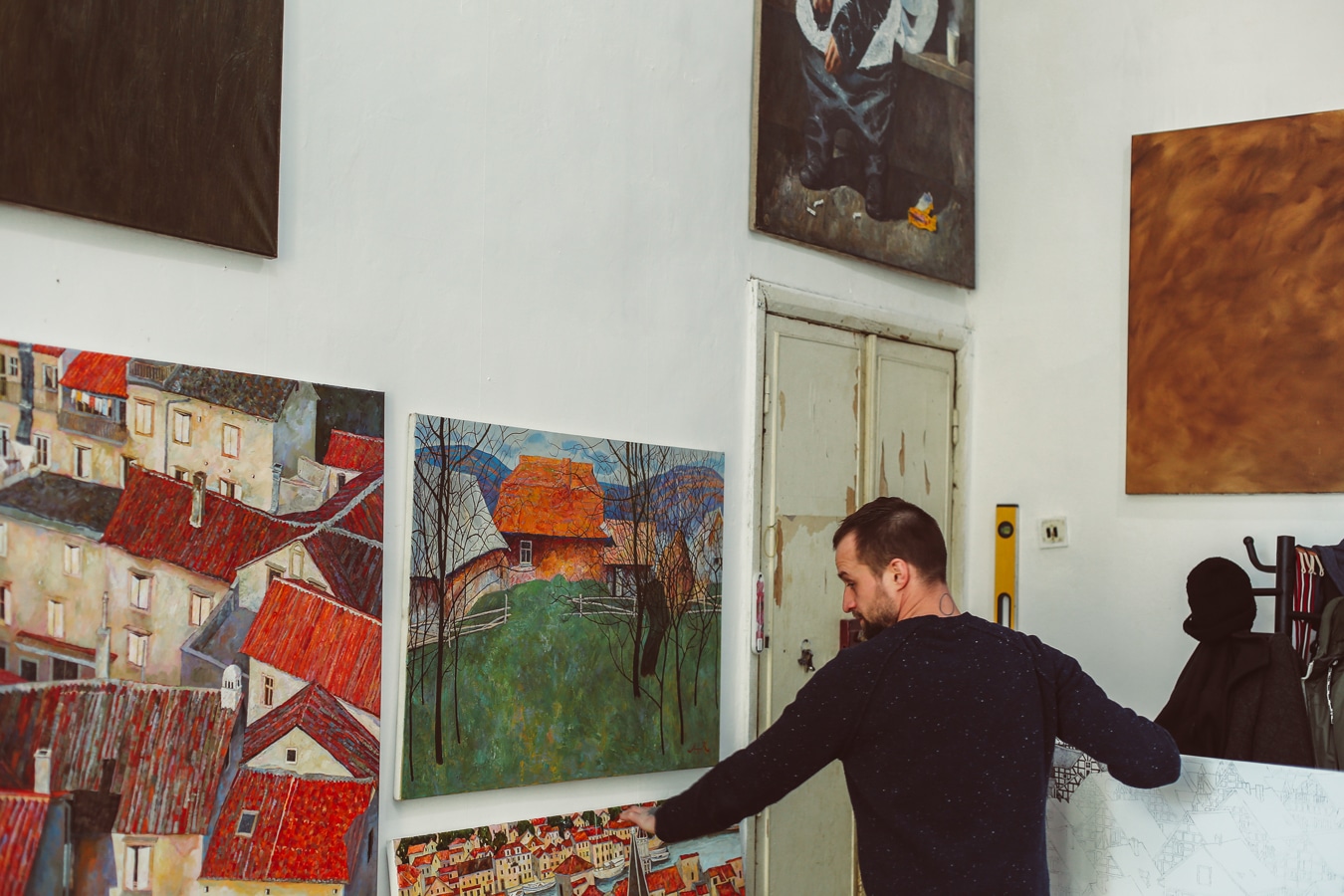
Firmly Determine Studio Space Offered
As a prospective student, you’re also a potential customer. Universities and colleges are for profit, they have motivation to convert you, so if you speak to administration or faculty and they attempt to woo you with promises of studio space, full funding, or any other benefit: get it in writing. This will ensure that if they offer, and you accept, and you show up and your space is a windowless broom closet, and your TA’ship is not what you thought, you have something to point to.
Compare Ratio of Studio vs. Theory
If you are going into a MFA wanting to balance theory for your research, you’ll need to find a program that has faculty known for their research and writing on topics that matter to your practice. Look for articles, essays and publications from the professors you’re curious about and really read them to get a sense of whether you’d have compatible communication and understanding.
If the inverse is true and you want as little theory as possible and just want to make art from your gut, look at the program structure, the weight of courses, and find the right mix for you.
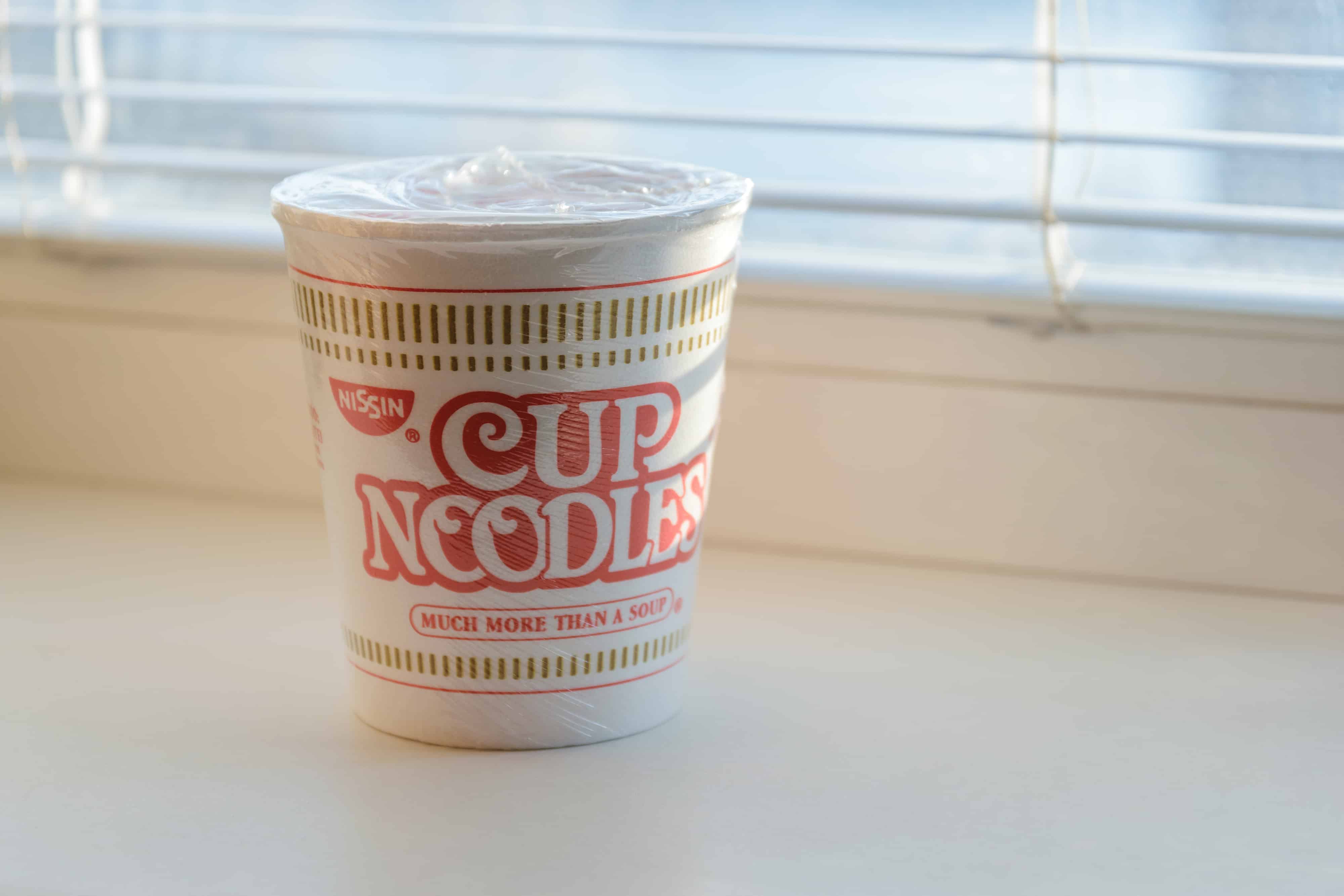
Research & Secure Funding
In the last installment we touched on the importance of funding. Our survey respondents all agreed that scholarships, bursaries and or teaching assistant positions were foundational to the experience of their MFA, not just their ability to attend. The amount of money that was available to them made all the difference to their studio output, and everything from where they could live, what they could afford to eat, and how much stress was hanging over their daily existence.
Unless you’re independently wealthy (jealous) make researching and securing funding a priority early, you may even determine the program you apply to based solely on the money they are able to offer, so get in there and ask. Steps:
- Reach out to the Faculty administration of each program to determine what funding opportunities are available within the program directly.
- In your conversations with graduates of the program, ask (with tact!) how they funded their education.
- Go through online databases of scholarships, grants and bursaries–start applying
Here is one for the US, and one for Canada loans & grants
If you are not able to find a scholarship, you may need to turn to a student loan/bank loan.
Proceed with caution, be sure you understand the terms, how much interest will be applied on repayment, and the length of any grace period you have post-graduation and before repayment starts.
Thousands of customizations to match your unique style.
Customize your site to tell the story of your brand. Format has nearly 100 templates offering thousands of design variables.
Letter of Intent
Like a project proposal, a letter of intent outlines what you want to accomplish within the scope of a project, grant, or duration of study. In this context, your letter would go over some or all of the following:
- The research you want to explore
- The specific faculty members you want to work with and why
- The program itself and why you chose it
- What processes or mediums you may be working within or ones you want to get into
However, unlike a grant project proposal, a letter of intent should be somewhat open-ended. You’re going back to school to learn, having concrete plans and answers before you even arrive will leave a deciding administration wondering what you even need them for–and whether what you’re really in the market for is a grant or residency.
If they suspect you may have unrealistic expectations of the work involved in grad school, they may pass to avoid the inevitable conflict when reality meets those expectations.
All of this goes out the window if you’re starting to, or have already made a name for yourself, and for whatever reason really want that level of accreditation. If you’re on the radar, the institution may just court you to show you off, and your package may not matter quite as much as your recognition.
Worst Case Scenarios
Before you’re even in a program it’s definitely worth stress testing the extremes by looking into courses of action should you find yourself in a tough spot. For example, let’s say you have a critical issue with your thesis supervisor: is there a process or precedent in changing faculty overseeing your graduate work?
Maybe you’re a painter who has been assigned to TA a photography class, and you feel it won’t further your aspirations, can you trade assignments?
What could you do if your professor asks you for personal favors in exchange for talking about a grade given?
In my time in the University system as a student, support staff and prof, I have seen it all–and then some. These are the situations you can speak to alumni about, and get a sense of how issues were resolved–or not resolved.

In Conclusion:
Deciding to apply for a MFA is a deeply personal choice that can be motivated by ambition, a hunger for more knowledge, a need for resources, or sometimes even escapism. Being as prepared as possible going into your application will ultimately ease or prevent any future doubts, like:
- I should have gone to ____ – no, they didn’t offer you funding
- Maybe ____ would have been better? – no studios
- I wish I had chosen ____ as my thesis supervisor – hopefully you avoid this regret entirely by doing your research!
As soon as you’re sure you are ready to take on grad school, get started with the steps above and you’ll be glad you were so prepared!
Many thanks to the artists who responded to our survey—on the record or anonymously, your experience will help prepare other artists for this big step.




